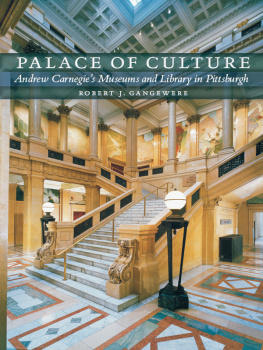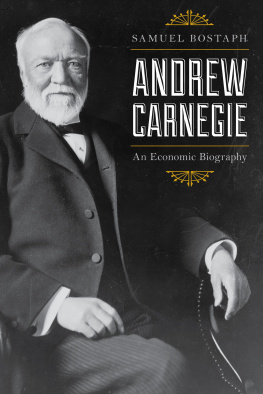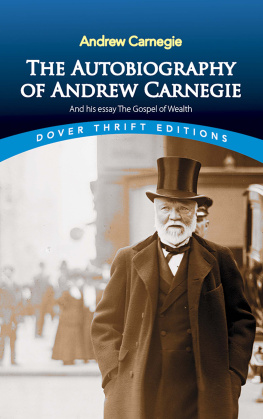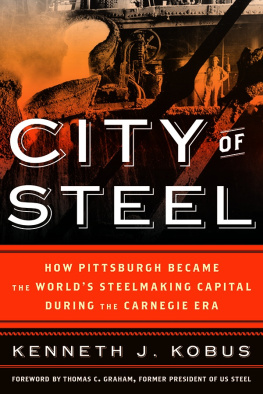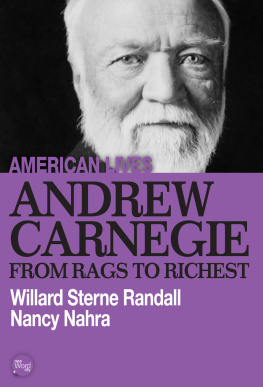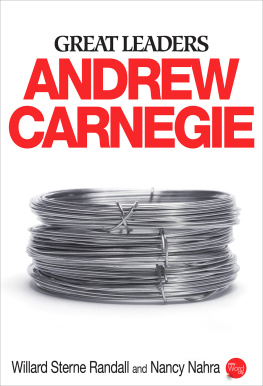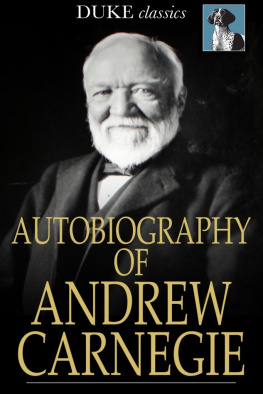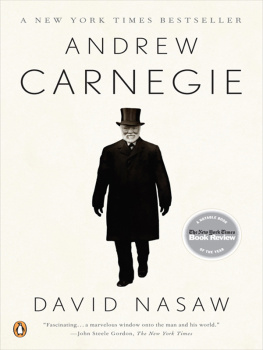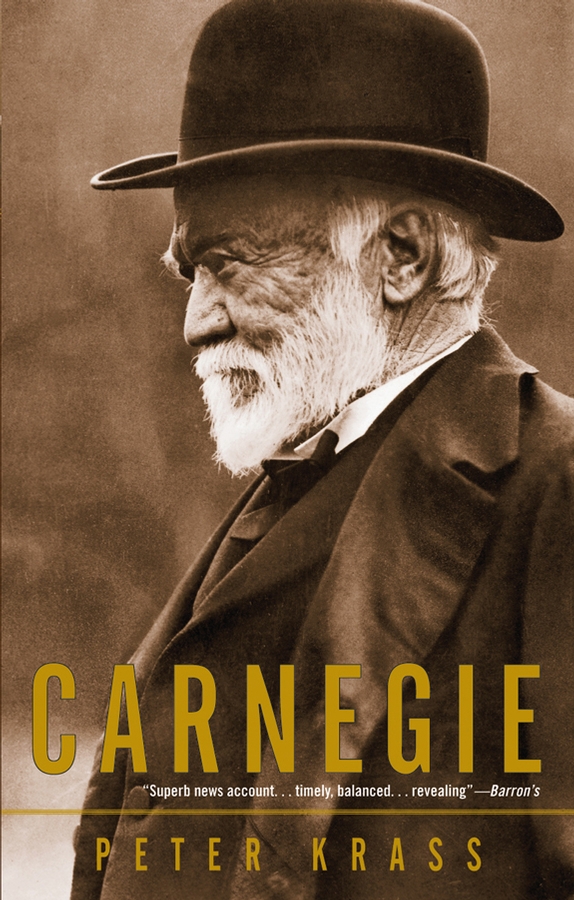Contents

Copyright 2002 by Peter Krass. All rights reserved
Published by John Wiley & Sons, Inc., Hoboken, New Jersey
Published simultaneously in Canada
No part of this publication may be reproduced, stored in a retrieval system, or transmitted in any form or by any means, electronic, mechanical, photocopying, recording, scanning, or otherwise, except as permitted under Section 107 or 108 of the 1976 United States Copyright Act, without either the prior written permission of the Publisher, or authorization through payment of the appropriate per-copy fee to the Copyright Clearance Center, 222 Rosewood Drive, Danvers, MA 01923, (978) 750-8400, fax (978) 750-4470, or on the web at .
Limit of Liability/Disclaimer of Warranty: While the publisher and author have used their best efforts in preparing this book, they make no representations or warranties with respect to the accuracy or completeness of the contents of this book and specifically disclaim any implied warranties of merchantability or fitness for a particular purpose. No warranty may be created or extended by sales representatives or written sales materials. The advice and strategies contained herein may not be suitable for your situation. You should consult with a professional where appropriate. Neither the publisher nor author shall be liable for any loss of profit or any other commercial damages, including but not limited to special, incidental, consequential, or other damages.
For general information about our other products and services, please contact our Customer Care Department within the United States at (800) 762-2974, outside the United States at (317) 572-3993 or fax (317) 572-4002.
Wiley also publishes its books in a variety of electronic formats. Some content that appears in print may not be available in electronic books.
Library of Congress Cataloging-in-Publication Data:
Krass, Peter.
Carnegie / Peter Krass.
p. cm.
Includes bibliographical references and index.
ISBN 0-471-38630-8 (cloth : alk. paper)
ISBN 0-471-46883-5 (paper : alk. paper)
1. Carnegie, Andrew, 18351919. 2. IndustrialistsUnited StatesBiography. 3. PhilanthropistsUnited StatesBiography. 4. Steel industry and trade United StatesHistory. I. Title.
CT275.C3 K73 2002
338.7672092dc21
2002010162
For Diana
Preface
Like many men working in the hellish Carnegie mills, my great-grandfather William Danziger imbibed quantities of beer and liquor to soothe his pains and to make him feel alive again. He didnt reach sixty years of age, while Carnegie lived to the ripe age of eighty-four. In the summer of 2001, I visited my great-grandfathers gravesite in a cemetery not far from his old frame house in Carnegie, Pennsylvania, a suburb of Pittsburgh. I found a congested cemetery bordered by busy streets. There was no peace there. I also visited Andrew Carnegies grave in the bucolic Sleepy Hollow Cemetery, near Tarrytown, New York. Carnegie has a spacious corner lot, nestled among evergreens and fern. It appears he has found a measure of peace. The contrast of the two gravesites raises one of the poignant themes to be explored in reconstructing the complicated life of a titan who came to power in Americas Gilded Age: the unequal distribution of wealth that marked that era in our history.
To gain perspective on that theme, we should join Carnegie on his commute from his home to the iron and steel mills. At one time in the mid-1860s, Carnegie lived in the elite Homewood suburb of Pittsburgh with its grand Federal-style and Victorian homes. He and his affluent neighbors had toilets, hot-and-cold running water, forced-hot-air furnaces, gas lighting, and iceboxes, which were not only status symbols, but means to healthy living and relative longevity. Upper-class areas like Homewood also had sewers, paved roads, and garbage incineration. The paved roads were courtesy of the city council, which funded them with bonds, a debt that was paid by poor and rich alike, although the poor districts received not one paved road, and wouldnt for at least another decade. On the streets of Homewood, Carnegie encountered fashionably dressed menor dandies, as they were called smelling wonderful thanks to a discreet sachet. Style demanded creaseless trousers, coats buttoned high on the chest, bowlers or stovepipe hats, pomaded hair, thick mustaches, and Dundreary whiskers rippling to their chests. If not too early in the day, he passed a lady or two in polonaise and bonnet and holding a fringed parasol overhead.
As Carnegie approached the mills and the adjacent tenement buildings, he left the paved roads for those of dirtroads where horse droppings and human refuse became putrefied in the hot summers. There were few water lines accessible to flush the stinking excrement and garbage, because in a bout of perfect logic, the Pittsburgh City Councils Water Commission had decided that the size of the water pipe being laid on a given street would be determined by the amount of potential revenue it would bring; in other words, big pipes were laid in the rich neighborhoods, while the poor tenement districts in desperate need of water were granted smaller pipes that fed communal outlets. Keeping a clean house and washing the mens grimy clothes were impossible chores under such conditions.
The Pittsburgh Board of Health declared the tenement homes the filthiest and most disagreeable locality within the limits of the city, where people were renting the merest apologies for houses, the structures characterized as tumble down houses in rows. Thousands of men also fell to typhoid over the years, when, to quench their thirst after a hot day in the mills, they drank directly from Pittsburghs polluted Monongahela and Allegheny Rivers.
To ease their pain, the workers did have a good number of taverns and brothels to select from, and after work many of the men slipped into the tavern, sidled up to the bar, and, with a foot on the rail, ordered a shot of whiskey and a beer. Whiskey was considered medicinal by the workers looking to clear the dust from their throats and to soothe their aching muscles and bruised bones. The working men might have a round or two, then play some cards, or head home, or perhaps visit a brothel. Some brothels served the well-to-do; however, after hours, Carnegie was more likely to find his wealthy peers in one of the citys chophouses or oyster grills. Other favorite evening pastimes of the rich included dancingthe polka, the valse, and the mazurkaor playing charades, twenty questions, and backgammon. Surprise parties were the rage.
As Carnegie approached the mills, hundreds of smoking furnaces, poking and bleeding the sky black, rose above him; showers of soot swept down; and ammoniacal air wafting from the stables mingled with acrid fumes from the mills. The mill buildings themselves, warehouselike with as many as ten smokestacks each, offered no aesthetic pleasure. Once inside he encountered ambivalent men in patched cotton trousers and sweat-stained shirts open at the collar. Dark lines of soot marked the creases in the skin around their mouth and eyes as they gazed at him with vague, desperate looks. All the men in the mill had reason to be ornery characters, because, in addition to contending with the heat and the physical strain, the incessant roaring furnaces added immeasurable stress. There was no time for rest and relaxation. They worked seven-day weeks, and the only holidays granted by the mill owners were Christmas and the Fourth of July. Meanwhile, Carnegie took months to gallivant across Europe.


